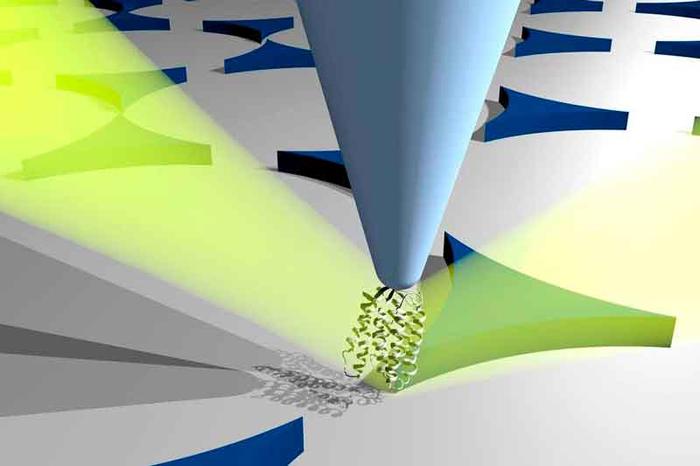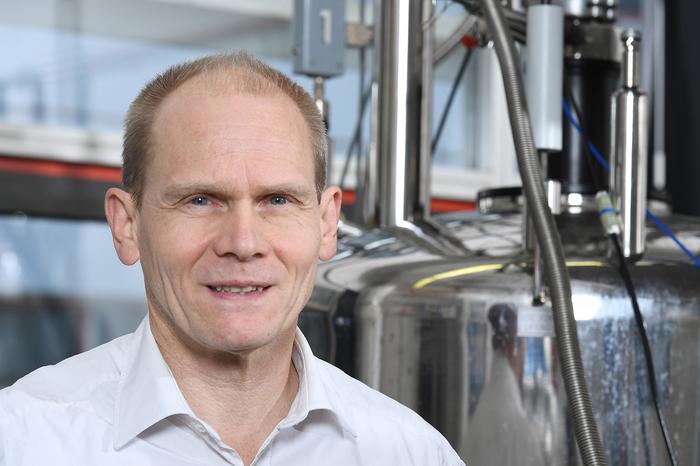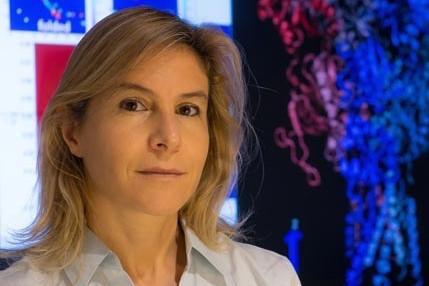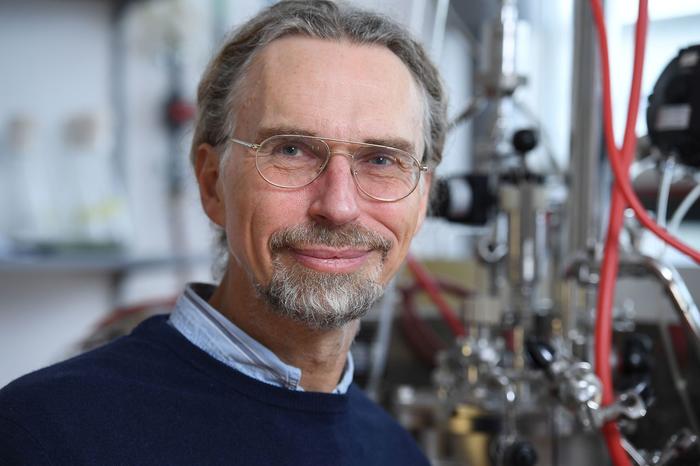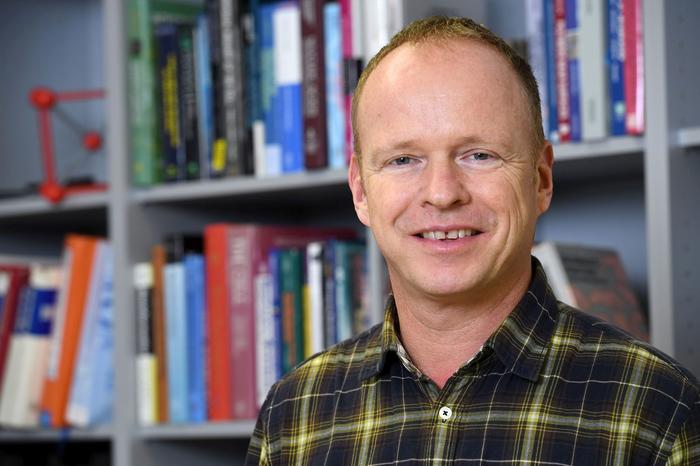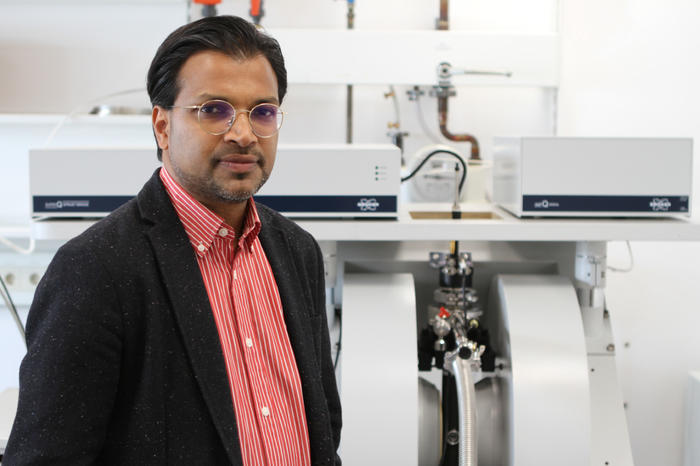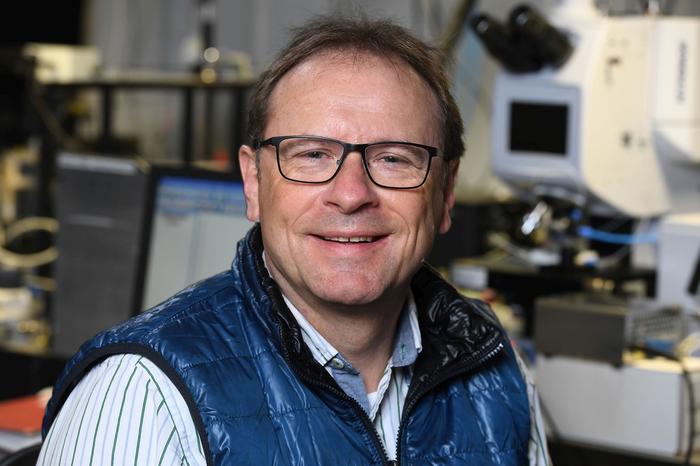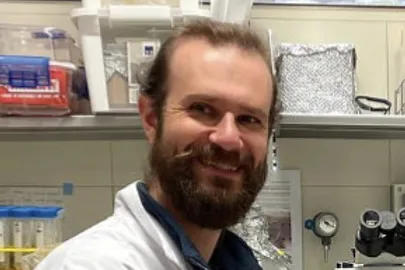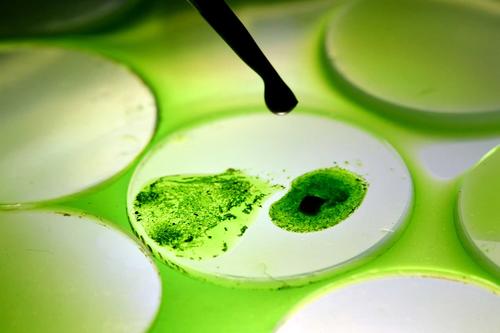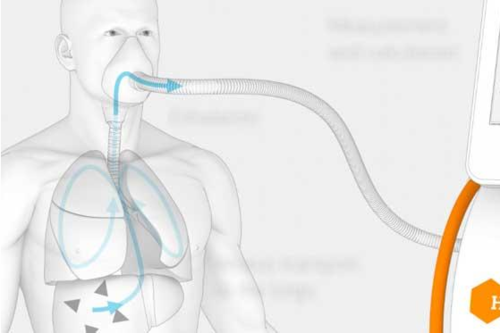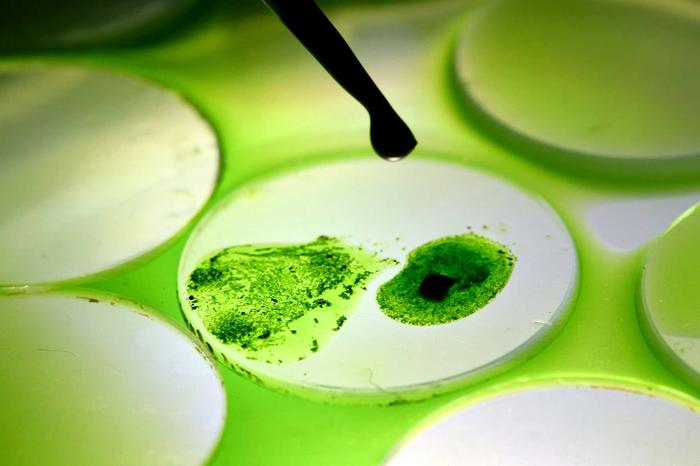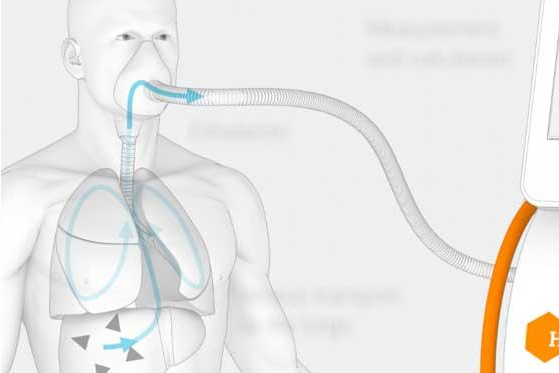Biophysics
In biophysics, we describe physical processes within biological systems and uncover functions of biological macromolecules.
We work at the interface between animate and inanimate world. We aim to describe fundamental processes and the basis of life.
We learn from nature to inspire us such as to develop new nanomaterials for solar energy harvesting or to apply existing biomaterials for technical solutions of today's and tomorrows challenges.
Following research groups are working on biophysics topics at the Freie Universität Berlin
Focus of research
In biophysics, one of our main research topics in the physics department, we study on the molecular level the function of biologically relevant macromolecules. Proteins, for instance, are fascinating molecular machines at the nanoscale. Within living organisms, they are responsible for fundamental processes like biological energy conversion, catalysis or cellular signal transmission.
In order to understand the function of proteins down to microscopic details, we need to learn about their structure, dynamics in time and interaction with their environment. The biophysics research groups of our department use a wide portfolio of modern molecular biophysics methods like crystallography, spectroscopy and molecular dynamic simulations to perform research on biomacromolecules. Also, we keep on improving our experimental and theoretical techniques in order to increase sensitivity in temporal and spatial resolution.
In practice, questions addressed in our department’s research topics in biophysics include structure, dynamics and control of photoreceptors, channels and transporters, as well as mechanisms in signal transmission, conformational switching and electron and proton transfer.
Our Research Methods
- Vibrational Spectroscopy (FT-IR and Raman)
- X-Ray Spectroscopy
- Ultrafast Pump-Probe Spectroscopy
- Electron Spin Resonance and Single Molecule Spectroscopy
- Molecular Dynamics Simulations
- Quantum Mechanical Modelling
